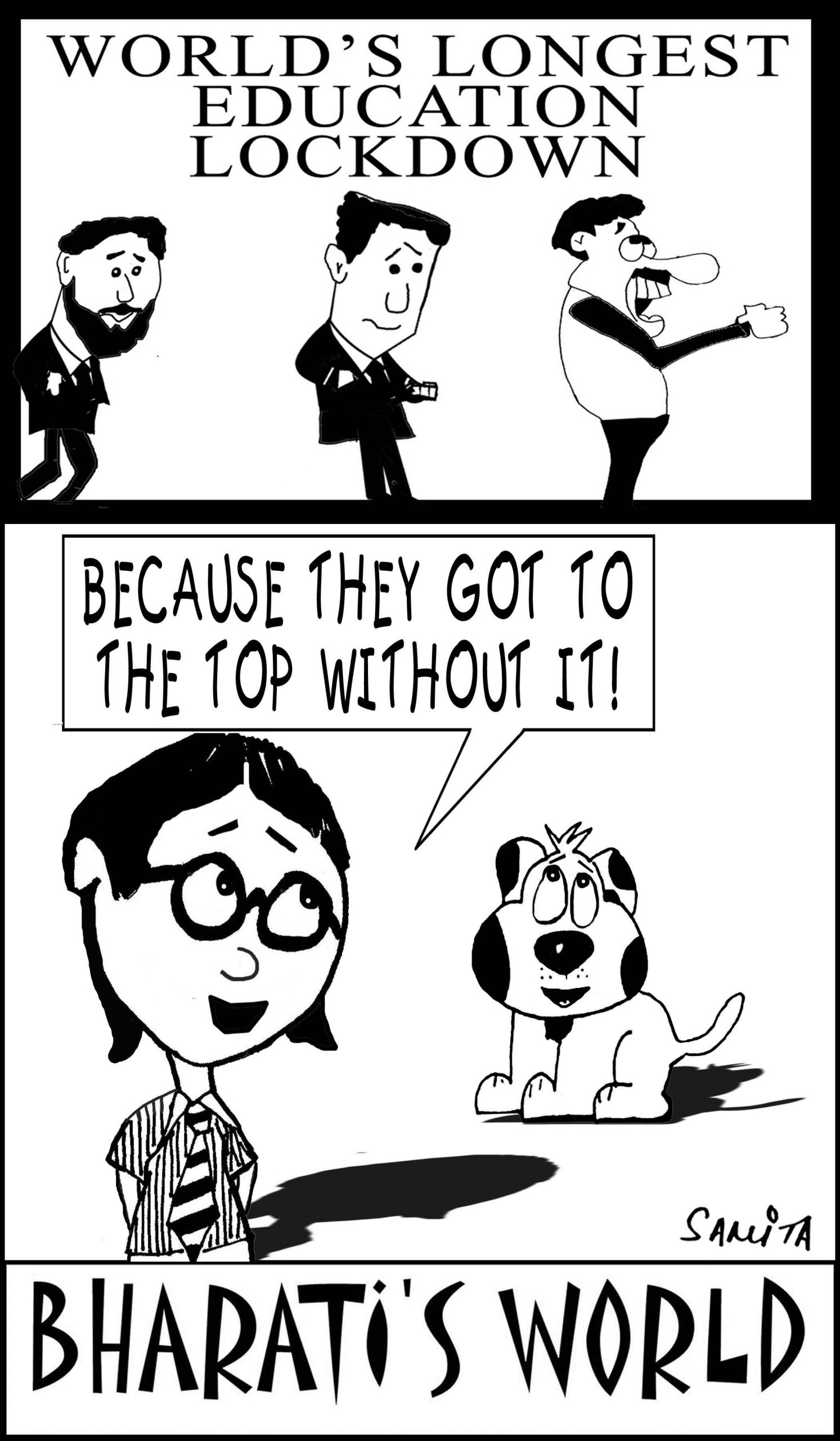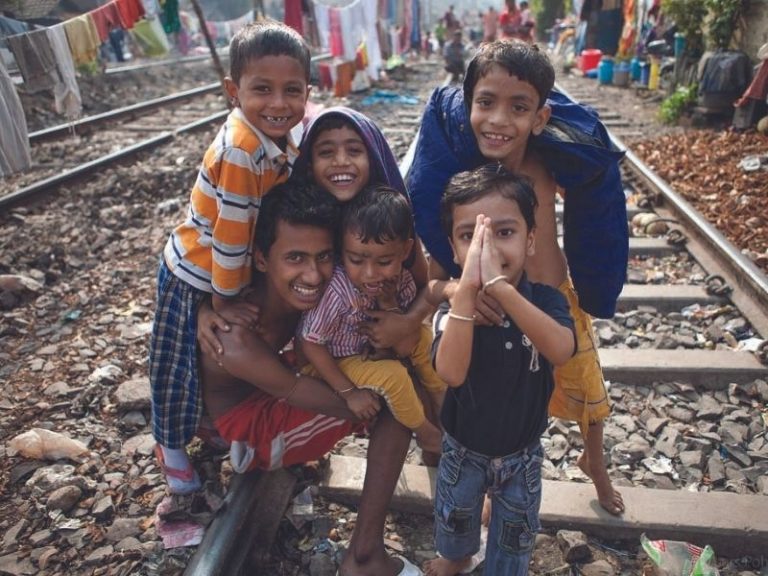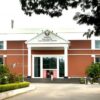West Bengal: Other priorities
Baishali Mukherjee (Kolkata)
Following chief minister Mamata Banerjee’s October 25 declaration that education for class IX-XII students in West Bengal’s 92,000 government and 2,000 private schools, 372 colleges and 32 universities would resume, they were duly reopened on November 16 after the unprecedented 20-month pandemic lockdown. Although education minister Bratya Basu has expressed willingness to reopen schools fully, an estimated 3 million children in pre-primaries to class VIII are still out of school. Against West Bengal’s prolonged 73 weeks and counting shutdown of primary schools, in France they were shuttered for 12 weeks; Russia 13, China 27, Brazil 53 and USA 56 weeks.

Unsurprisingly, even after schools and higher education institutions have started on-campus classes, attendance is thin. This is because during the past 73 weeks of lockdown thousands of children who had no access to the Internet and digital devices have dropped out of the education system altogether. According to a Unicef report (March 21), only 25 percent of the country’s 260 million school-going children were able to access online education during the pandemic lockdown. This translates into 65 million children countrywide.
But education ministry officials in Kolkata are tight-lipped about the number of children who have dropped out of school in the state. Nor are they willing to explain why West Bengal’s early childhood and primary schools are still shuttered. Numerous calls and emails sent to the ministry for data and justification of the prolonged lockdown remain unanswered.
Meanwhile, district and village tabloids are replete with reports of child distress. According to Joyce Dasgupta, district magistrate of Jhargram, 600 students have dropped out of schools in the district. In Raiganj, North Dinajpur district “a large number” of school children have migrated and taken up bidi binding jobs. Tamin Soren, the teacher-in-charge of Maharaja Jagadishnath High School, also in Raiganj, says 50 class XI-XII students have left their homes to work in Kerala, Delhi, Haryana and Punjab to boost depleted family incomes. In Jalpaiguri, “hundreds” of tea plantation workers’ children have quit school during the pandemic and started working to support their families. In Chandipur village of Malda district, “dozens” are working in brick kilns and paddy fields.

Out-of-school children in Kolkata
According to Pulak Roy Chowdhury, headmaster of Kanaknagar SD Institution of Hingalganj, North 24 Parganas, eight class X girls and five class IX girls have been prematurely married away. Roy Chowdhury says only 75 of the 119 class IX students, and 115 of 200 class X students have come back to the institution after reopening of senior classes.
With in-class teaching-learning suspended since March 2020, government school students in small towns and remote rural belts have been totally deprived of online learning because of lack of Internet connectivity and digital devices. These children are in grave danger of having forgotten what they had learnt 20 months ago when they last attended in-person classes. In rural Bengal in particular, getting working children back into classrooms is becoming a big challenge. The education ministry and local government officials have asked teachers to persuade parents to send children back to school.
Meanwhile, even as chief minister Mamata Banerjee is focused on stitching a national anti-BJP alliance for the critically important Uttar Pradesh assembly election early next year and General Election 2024, educationists and education ministry officials are becoming aware of the enormity of children’s — especially primary school children’s — learning loss during the world’s most prolonged schools lockdown. Feeble attempts are being made to assess the learning loss of youngest children and to frame “a comprehensive remedial learning” syllabus.
“Each and every student will be evaluated. They will be asked to do certain academic activities only if they remember what they had been taught in the previous class. We can’t resume classes without addressing learning loss,” Aveek Majumdar, chairman of the West Bengal Syllabus Committee, had told EducationWorld in September.
With the state’s ruling Trinamool Congress Party and chief minister Banerjee exhibiting no urgency to restart preschool and primary classes, there’s growing indignation within academia and West Bengal’s bhadralok (refined middle class).
Comments Jayati Gupta, a former English professor at West Bengal State University and visiting faculty at Adamas University, Kolkata: “The prolonged schools closure has resulted in irreparable learning loss for primary and pre-primary children and also children with special needs, for whom one-on-one interaction is critically important. Even though the ground reality was challenging because of the pandemic, the state government clearly didn’t do enough to open schools earlier. It should reopen schools from pre-primary onwards without delay as several other states of the Indian Union have done.”
But evidently chief minister Mamata Banerjee has other priorities.
















Add comment